New & Notable
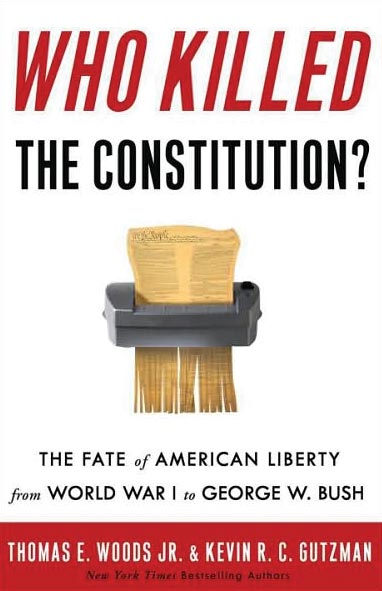
Who Killed the Constitution? The Fate of American Liberty from World War I to George W. Bush
Thomas E. Woods Jr. and Kevin R.C. Gutzman (Grad ’94, ’99)
The Crown Publishing Group
The authors go beyond complaints about judicial activism to expose the guilt of Democrats and Republicans, presidents, congresses and judges alike. They reveal just how widespread the attacks on the Constitution are and expose the “dirty dozen”—the 12 assaults that have destroyed the government the Founding Fathers designed.
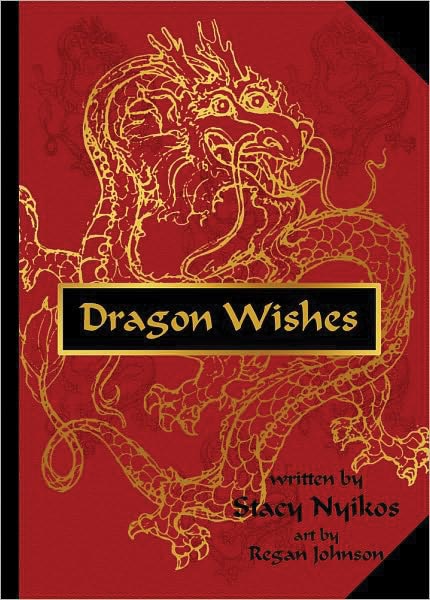
Dragon Wishes
Stacy A. Nyikos (Grad ’00)
Blooming Tree Press
Intended for readers in middle grades, this novel follows the journey of two girls, Shin Wa and Alex, both struggling with enormous loss. Their quest takes them from war-torn ancient China to northern California. They find the last surviving dragons, only to discover an even greater mystery, the pearl of wisdom.
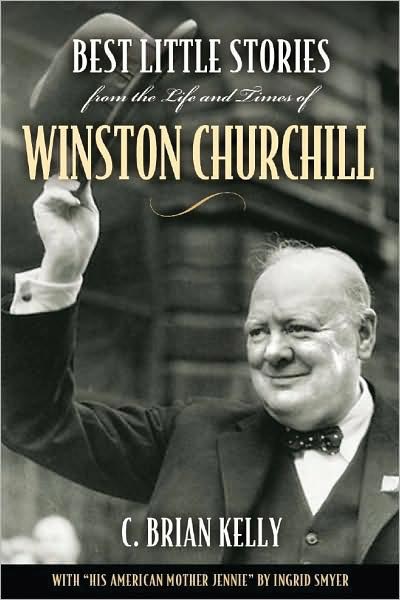
Best Little Stories from the Life and Times of Winston Churchill
C. Brian Kelly (faculty) and Ingrid Smyer-Kelly (Col ’81)
Cumberland House
An anecdotal biography, this book contains more than 100 stories about England’s legendary World War II leader, plus a 45-page biography of Churchill’s colorful American-born mother, Jennie Jerome Churchill. An appendix provides the text and setting of Churchill’s most famous quotes.
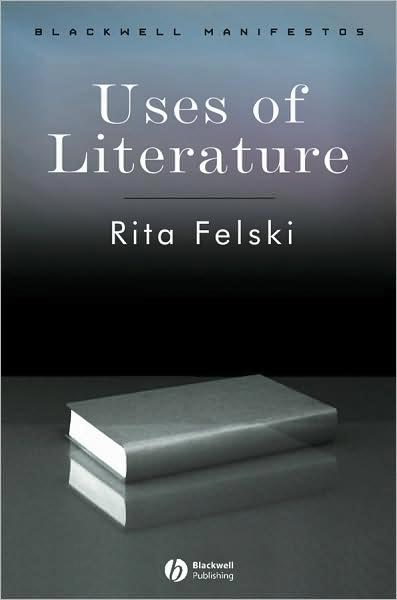
Uses of Literature
Rita Felski (faculty)
Wiley-Blackwell
A professor of comparative literature, the author talks about literary theorists and everyday readers—usually galaxies apart—and attempts to bridge the gap between literary theory and common-sense beliefs about literature. She challenges many timeworn homilies and theories put forth in contemporary literary criticism, offering new insights into the purpose and value of reading literature.
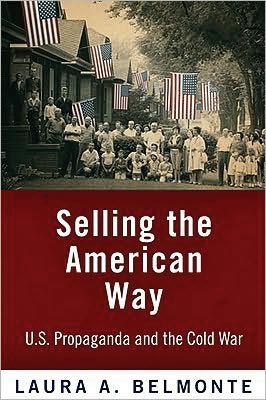
Selling the American Way: U.S. Propaganda and the Cold War
Laura A. Belmonte (Grad ’91, ’96)
University of Pennsylvania Press
During the Cold War, determined to protect democratic capitalism and undercut communism, U.S. information experts defined the national interest not only in geopolitical, economic and military terms. Through radio shows, films and publications, they also created a carefully constructed narrative of freedom, progress and abundance as a means of protecting national security. The book investigates how this propaganda was received at home and abroad.
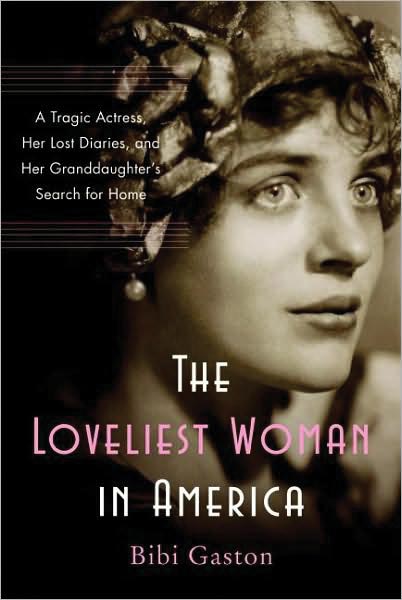
The Loveliest Woman in America: A Tragic Actress, Her Lost Diaries, and Her Granddaughter’s Search for Home
Bibi Gaston (Arch ’86)
William Morrow
In 2001, the author received a box filled with the diaries of her late grandmother, Rosamond Pinchot, an acclaimed actress, socialite and sportswoman, dubbed “the loveliest woman in America” at age 23. In this memoir, Gaston tries to uncover the truth about her forgotten grandmother, her divided family and her enigmatic father, telling a story of how a family of wealth and prestige hid behind decades of deeply painful family secrets.
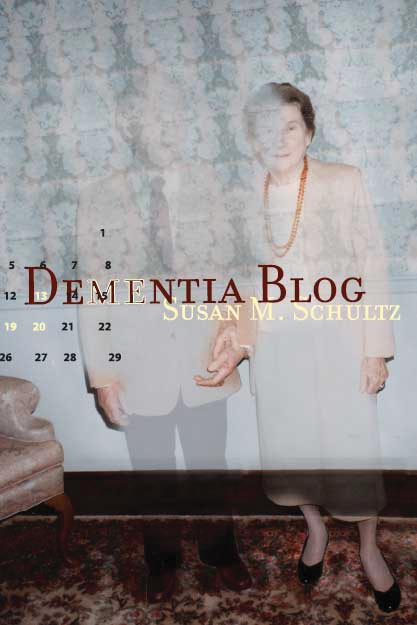
Dementia Blog
Susan M. Schultz (Grad ’89)
Singing Horse Press
Taking the form of the blog, this volume of poetry charts the fragmented and disorienting progression of the author’s mother’s dementia. Schultz also looks beyond her family’s personal tragedy to the social and philosophical implications of this unraveling.
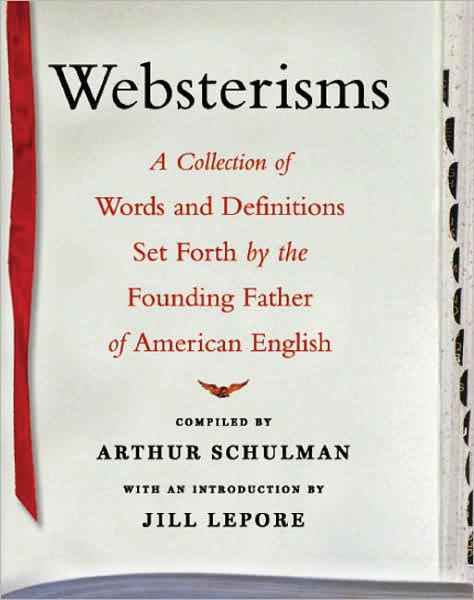
Websterisms: A Collection of Words and Definitions Set Forth by the Founding Father of American English
Compiled by Arthur Shulman (faculty)
Free Press
In 1800, the irascible patriot Noah Webster set out to answer the question of what makes American English American. His magnum opus, American Dictionary of the English Language, took 28 years to compile and helped define the American character. Shulman, a retired cognitive psychologist and longtime crossword puzzle creator for the New York Times, culled 1,500 of Webster’s entries for this book to reveal his interpretive powers as well as his pervasive moralism. Annotated and illustrated with quotations from contemporary American sources, the book also includes an introduction by Harvard historian and New Yorker contributor Jill Lepore.
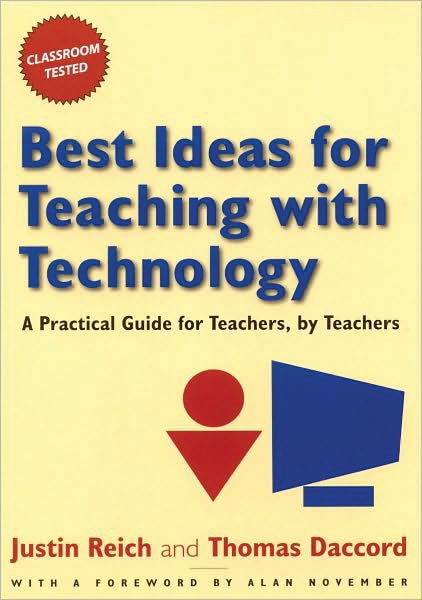
Best Ideas for Teaching with Technology: A Practical Guide for Teachers, by Teachers
Justin Reich (Col ’99, Grad ’01) and Thomas Daccord
M. E. Sharpe
Taking an informal, workshop approach, this guide is intended to make it easy for teachers to incorporate the latest technology in their classrooms, with special attention given to the needs of teachers who are expanding the use of computers. The book includes extensive illustrated tutorials for a wide variety of software, online tools and teaching techniques. The authors run EdTechTeacher.org, a consulting service that publishes a series of Web sites for teachers.
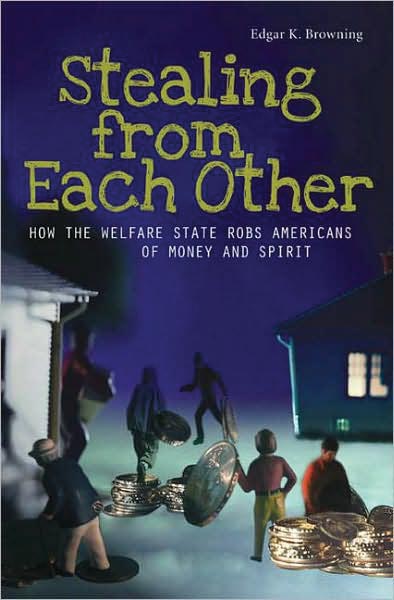
Stealing From Each Other: How the Welfare State Robs Americans of Money and Spirit
Edgar K. Browning (Col ’65)
Greenwood Publishing Group
An economics expert, the author insists that Americans would be better off if none of the federal welfare-state policies of the last century—including Social Security—had been enacted. In 1900, there was no income tax, no minimum-wage laws, no federal involvement in education, and government spending was less than 10 percent of our incomes. Currently, the government spends more than 33 percent of our incomes, and Browning explains why the effects are so devastating to our economy.